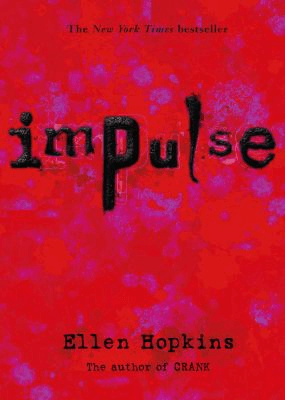When most people think of poetry, they think of rhyming lines broken into stanzas that go on for about a page or so. Rarely do they think of the many novels, memoirs, and folktales told entirely in verse, whether it be formal (i.e. Shakespeare’s iambic pentameter) or free.
These are often great places to start for those who find poetry intimidating or difficult to understand, as I once did. The first book of narrative poetry I read was a memoir by Samantha Schutz called I Don’t Want to Be Crazy.
I didn’t even realize she told her story entirely in poems until I started reading; I picked it up because it was about her struggle with anxiety and depression. I was on a bit of an anxious streak myself and looking for reassurance that I wasn’t alone.
Still, I didn’t think much about it, other than it was cool. The form provided enough freedom for Schutz to explore complex emotions that weren’t always easy for her to tease apart and analyze, but also gave the story a structure (the line, the stanza) that provided some order to the chaos.
It didn’t occur to me that this was a blossoming genre. A few years later, though, I read Purple Daze, a YA novel told in poems by Sherry Shahan (sadly Purple Daze is no longer available through CLP, but if a book about teenage hippies in the ‘60s and ‘70s is your jam, you can put in an ILL request).

Shortly thereafter, I stumbled upon YA author Ellen Hopkins’s Twitter account. Her tweets intrigued me enough to investigate her books, and I discovered they were also written in verse (and often about mental illness, too). At that point I knew it was a thing, and it was a thing I liked. In 2014 it became an even bigger “thing” when Jacqueline Woodson’s memoir-in-verse Brown Girl Dreaming won the National Book Award.
Between all the Allegheny County libraries, there are 178 items categorized as “novels in verse.” There isn’t a similar category for memoirs told in verse, though there is an “autobiographical poetry” subject with ten items attached. Not all poetry collections that contain autobiography or memoir are marked as such, though, probably in part because poetry is often assumed to be autobiographical or at the very least, nonfiction.
What makes the difference, though, is that books like I Don’t Want to Be Crazy and Brown Girl Dreaming tell a cohesive story, with a beginning, middle and end. The only thing that separates them from traditional memoir is the form chosen for the telling.
And for these books, poetry makes a powerful form for the story. Even if the word “poetry” elicits an eye roll or your gag reflex, you might be surprised how much you like poetry when there’s a good story attached!
Happy reading,
-Kelly
Try something new for National Poetry Month
Request I Don't Want to Be CrazyKelly reads, writes and sometimes sews, always with a large mug of tea. She is the Managing Editor of Eleventh Stack and Clerical Specialist at CLP – West End, which gives her plenty of ideas for stories that find homes in obscure literary magazines.
